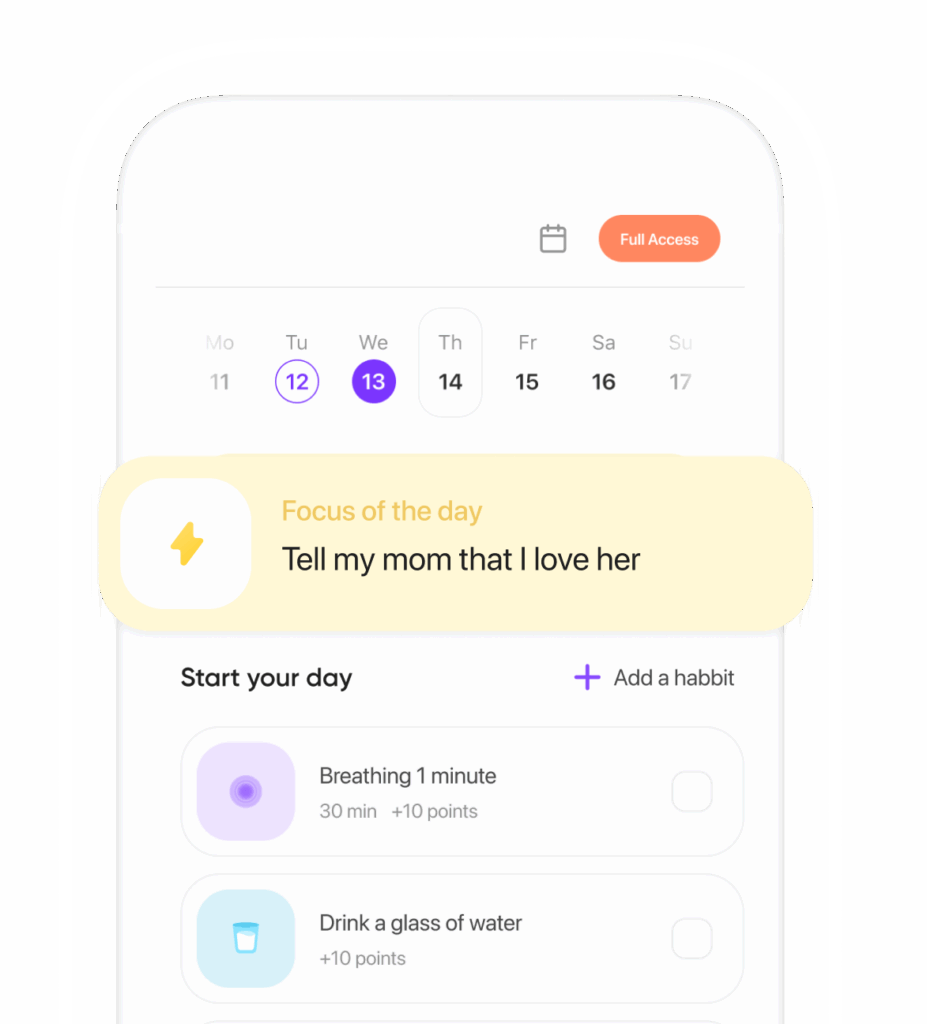Table of Contents
- Understanding ADHD: A Brief Overview
- The Science Behind Cognitive Strategies
- Primary Cognitive Strategies for ADHD Success
- Secondary Cognitive Strategies for ADHD Success
- The Role of Technology in ADHD Management
- Overcoming Common Obstacles
- Conclusion
- References
Understanding ADHD: A Brief Overview
ADHD—how do we define it? It’s a neurodevelopmental disorder marked by inattention, hyperactivity, and impulsivity. As the Centers for Disease Control and Prevention (CDC) mentions, about 4.4% of adults in the U.S. experience ADHD. Recent years have seen a rise in diagnoses among women, shining a light on what for long remained in the shadows. Historically, it was largely overlooked in females, leading to a gap in personalized success strategies.
The Science Behind Cognitive Strategies
Cognitive strategies – what are they? They’re the techniques that enhance mental capabilities like attention, memory, and even problem-solving. These strategies become notably effective for managing ADHD symptoms, offering better day-to-day life management.
Neuroplasticity and ADHD
Ever heard of neuroplasticity? It’s the brain’s capacity to evolve and adapt through experience. Research suggests that with ADHD, there’s immense potential for neuroplasticity. Cognitive strategies can leverage this, helping to rewire thought processes and behaviors. A study noted in Neuropsychology found that neuroplasticity, intriguingly, can improve executive functioning in ADHD sufferers.
Primary Cognitive Strategies for ADHD Success
Mindfulness and Meditation
Mindfulness… It’s not just a buzzword. It’s a profound tool against ADHD symptoms. Being in the moment decreases impulsivity and boosts focus. Remember Zylowska et al. (2008)? Their study revealed that mindfulness meditation significantly uplifts ADHD symptoms and executive functioning.
Techniques to Implement
- Guided Meditations: Apps like Headspace or Calm offer structured meditations tailored for this.
- Daily Reflection Journals: Spend just five minutes reflecting on focus and emotions each day.
Time Management Techniques
Time management is the often elusive skill for ADHD sufferers. Yet? It’s something we can master with strategic approaches.
The Pomodoro Technique
Have you tried it? It involves working in short sprints—25 minutes—interspaced with breaks. This method taps into urgency, paired with regular reprieves.
Time Blocking
Here, you allot specific blocks for activities. A method that swears by structure, reducing task-switching distractions.
Cognitive Behavioral Therapy (CBT)
Cognitive Behavioral Therapy (CBT) – a buzzword in the realm of mental health! It’s about turning negative patterns into positive behavior changes. A meta-analysis in Clinical Psychology Review highlighted its remarkable influence on adult ADHD symptom improvement.
Key Components of CBT for ADHD
- Identifying Cognitive Distortions: Pinpoint and challenge what’s irrational.
- Behavioral Interventions: Modify environmental aspects that worsen ADHD symptoms.
Organizational Skills
Can’t function without them: organizational skills, I mean. Crafting a personalized system impacts stress levels, productivity, and more.
Strategies to Consider
- Digital Tools: Planning through Trello or Asana is a game-changer for tasks.
- Physical Organization: A clear workspace equals a clear mind.
Exercise and Physical Activity
Exercise gives more than physical health improvements—it’s a boon for cognitive function, too. The Journal of Attention Disorders showed regular exercise perks up executive functions and mood in those with ADHD.
Effective Exercise Routines
- Aerobic Exercises: Think: running, swimming, cycling.
- Mind-Body Practices: Yoga, anyone? How about Tai Chi? They boost focus and reduce stress.
Secondary Cognitive Strategies for ADHD Success
Nutritional Interventions
Your diet… How big a role does it play? Enormous. Balanced eating patterns are fundamental.
Key Dietary Considerations
- Omega-3 Fatty Acids: From fish oil, these nifty nutrients improve cognitive function.
- Avoid Processed Foods: Less sugar and artificial additives reduce hyperactivity.
Sleep Hygiene
Cognitive performance relies on good sleep—but many with ADHD falter in this area.
Sleep Improvement Tips
- Consistent Sleep Schedule: Sleep and wake at the same time daily to regulate internal clocks.
- Limit Screen Time: Reducing screen exposure before bed aids sleep quality.
Social Support Networks
Why go it alone? Building a network can offer emotional help and practical support. Joining those who ‘get it’ opens doors to shared wisdom.
Ways to Build Support
- Support Groups: Online or offline, they offer connection and understanding.
- Peer Accountability Partners: A buddy checking in on your goals can make all the difference.
The Role of Technology in ADHD Management
Technology can revolutionize ADHD management. From focus-enhancing apps to digital planners that keep life organized…
Recommended Technologies
- Focus Apps: Try Forest or Freedom to cut down distractions.
- Smart Reminders: Smartphones and smartwatches can remind you of appointments and tasks.
Overcoming Common Obstacles
No plan is foolproof. Common hurdles—procrastination, emotional regulation, motivation—still sneak in. Face these head-on.
Strategies to Address Obstacles
- Identify Triggers: Know what prompts procrastination and tackle it.
- Emotional Regulation Techniques: Breathing exercises or grounding can help in overwhelming moments.
Conclusion
To truly leverage cognitive strategies for ADHD, blend self-awareness, skills, and support. Understand your brain’s intricacies and shape strategies that enhance strengths and skirt challenges.
By practicing mindfulness, mastering time management, and leading a healthy lifestyle, ADHD can transform from an obstacle into an advantage. This isn’t just about coping; it’s a journey of self-discovery and growth with tools that work.
Taking the plunge into personalized self-care? Check out Habyy. Join the nurturing community and unleash potential to its fullest!
References
- Zylowska, L., Smalley, S. L., et al. (2008). Mindfulness Meditation Training in Adults and Adolescents with ADHD: A Feasibility Study. Journal of Attention Disorders, 11(6), 737-746.
- Antshel, K. M., et al. (2011). Meta-analysis of cognitive-behavioral treatments for adult ADHD. Journal of Consulting and Clinical Psychology, 79(6), 761-772.
- Lambez, B., et al. (2020). Physical exercise for ADHD children: A meta-analysis. Journal of Attention Disorders, 24(5), 688-700.
Ready to transform your life? Install now ↴
Join 1.5M+ people using AI-powered app for better mental health, habits, and happiness. 90% of users report positive changes in 2 weeks.
